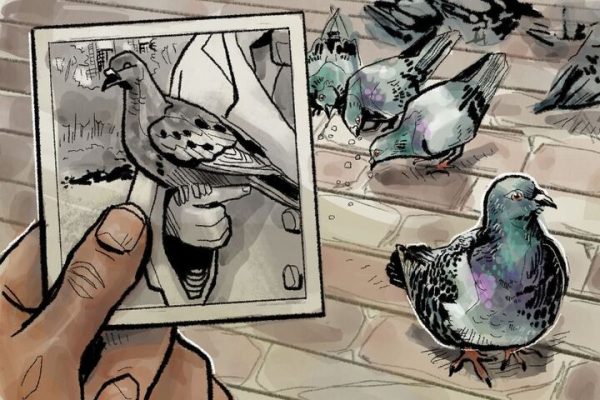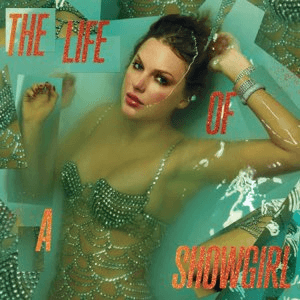Rigg: The 2016 election is more than just the presidential race
Every four years, the American people elect a new president or reelect an incumbent.
Media attention tends to focus on that race, when in reality, it should focus on the hundreds of other races that take place during an election.
Take this year’s election for example: 88 percent of Congress is up for election this year. That is no exaggeration. Literally only 12 percent of Congress is not vying for votes on Tuesday.
All 435 members of the House of Representatives are up for election, as they are every two years. For Kansas, this consists of four Republicans: Roger Marshall, who defeated Tim Huelskamp in the primary race in August, Lynn Jenkins, Kevin Yoder and Mike Pompeo, whose district includes Wichita. Incumbents have their own set of challengers, and so does Marshall.
Republicans have held the majority in the House since the 2010 midterm elections. The GOP will likely hold the majority regardless of who is elected president, because of the wide margin of Republicans in the House compared to Democrats: 246 to 186, with three vacancies.
For the U.S. Senate, 34 of 50 members are up for election, 24 of which are held by Republicans. In Kansas, Republican Sen. Jerry Moran is the incumbent running for reelection against Libertarian Robert D. Garrard and Democrat Patrick Wiesner. Republican Pat Roberts was reelected in 2014 for a six-year term. He was elected to the Senate in 1997 after served in the House of Representatives from 1981-1997.
Democrats could take back control of the Senate, which has been held by Republicans since the 2014 midterm elections. Democrats need to gain at least four seats, for a minimum of 50 total, to hold the majority in the Senate.
At the state level, there are dozens more races that are of vital importance this election. An unprecedented number of Democrats are running for seats in the Kansas Statehouse, with the ultimate goal of ousting Republicans with ties to Republican Gov. Sam Brownback.
In the primary race in August, more moderate Republicans ousted a number of Brownback Republicans. If the primary is any indication of change coming to Kansas, it could mean a major shift in state politics.
One final note: Another major item Kansas voters will decide on Tuesday is the matter of retaining state Supreme Court justices. Five are up for a retention vote. Brownback and his supporters want voters to remove them, while opponents say removing the justices would make the Supreme Court the “Brownback Court.”
Brownback would appoint replacements. Regardless of stance on this issue, it is of vital importance for Kansans to vote on the matter.
Remember all of this when you head to the voting booths on Tuesday, if you haven’t already. And remember this in 2018 during the Midterms and 2020 during the next presidential race: These smaller races affect you far more than the presidential race ever will.











